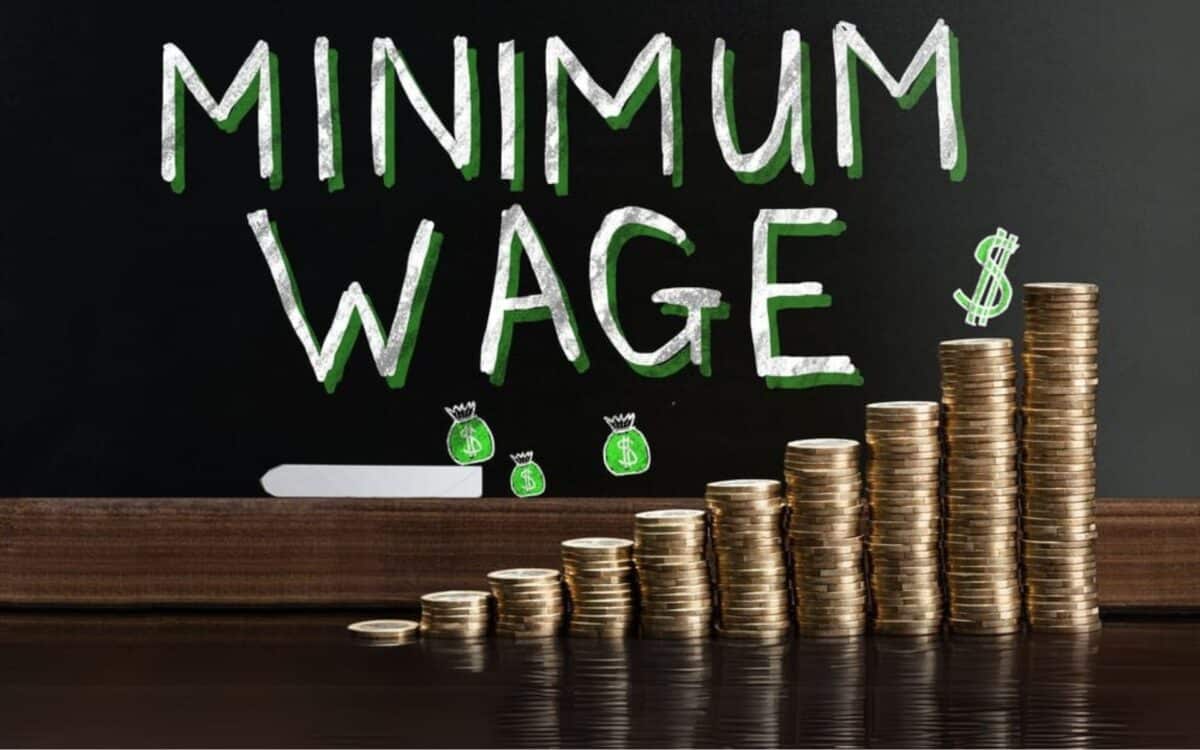Starting in April 2025, a range of benefits overseen by HMRC will increase, with several key changes affecting families and workers.
Child Benefit, Guardian’s Allowance, and Universal Credit will see new rates, while the National Minimum Wage and National Living Wage are also rising. These adjustments are part of ongoing efforts to support low-income families and workers in the UK.
According to the Manchester Evening News, these changes are set to bring relief to millions, helping them navigate the challenges of rising living costs. Here’s a breakdown of the upcoming increases and their impact.
Child Benefit Increases
From April 7, 2025, the rates for Child Benefit will increase. The new rates are as follows: the payment for the first or eldest child will rise from £25.60 per week to £26.05 per week, while the payment for any additional child will increase from £16.95 per week to £17.25 per week.
These adjustments are designed to provide additional support to families with children, helping to address the rising cost of living.
For those who are raising children following the death of one or both parents, the Guardian’s Allowance will also increase from April. The new weekly rate will rise from £21.75 to £22.10. This allowance, paid on top of Child Benefit, is tax-free and helps those in special circumstances with the financial burden of raising a child.
Transition from Tax Credits to Universal Credit
As part of the ongoing transition from Tax Credits to Universal Credit, claimants will see changes to their financial support. Starting April 5, 2025, Tax Credits (including Child Tax Credit and Working Tax Credit) will be replaced by Universal Credit, with a 1.7% increase in line with inflation from September 2024.
The new rates for Universal Credit will include an increase in the Standard Allowance for single claimants under 25, from £311.68 to £316.98, and for single claimants 25 or over, from £393.45 to £400.14. For joint claimants, the rate will increase from £489.23 to £497.55 for those both under 25, and from £617.60 to £628.10 when one or both are 25 or over.
Other significant increases include the Child Element, with the payment for the first child born before April 6, 2017, rising from £333.33 to £339, and the first child born on or after that date, as well as second and subsequent children, increasing from £287.92 to £292.81.
Payments for children with disabilities will also rise, with the lower rate for disabled children going from £156.11 to £158.76 and the higher rate going from £487.58 to £495.87.
Additional increases include Limited Capability for Work rates, Carer Element, Work Allowance, and Childcare Cost Element, which also see rises, ensuring that support is available for various needs and circumstances.
Additionally, the Department for Work and Pensions (DWP) and the Department for Communities (for Northern Ireland customers) will be responsible for contacting all eligible customers and guiding them through the transition process.
National Minimum Wage and National Living Wage Increases
In addition to the benefit increases, the National Minimum Wage and National Living Wage will rise, impacting over three million workers. The changes, which take effect on April 1, 2025, will result in a pay rise for many workers.
The new hourly rates will see the National Living Wage for those aged 21 and over increase from £11.44 per hour to £12.21 per hour. The National Minimum Wage for 18 to 20-year-olds will rise from £8.60 to £10.00 per hour, while the Apprenticeship rate and the rate for 16 to 17-year-olds will increase from £6.40 to £7.55 per hour.
These increases are part of the government’s efforts to improve living standards and ensure that low-income workers receive a fair wage. The changes also support apprentices and younger workers by offering a pay boost that helps with job security.
Deputy Prime Minister Angela Rayner spoke about these wage increases, stating :
“This pay rise for over 3 million of the lowest paid workers was a priority for this government and means we’re already giving hard working people more money in their pockets and a proper wage increase worth over twice the rate of inflation.”
She went on to add :
“These changes are part of our Plan for Change – to raise living standards for people across the county, including apprentices and young people, giving them more job security and the huge pay boost they deserve too.”
This pay rise is expected to benefit workers who could see up to £1,400 more a year, with some full-time workers receiving an additional £117 a month.









